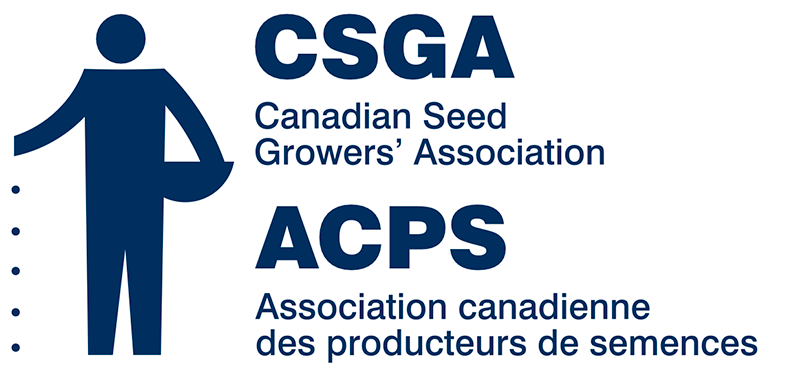CSGA is requesting feedback on changes proposed by the Regulatory Services Committee (RSC) to the Canadian Regulations and Procedures for Pedigreed Seed Crop Production (Circular 6) before a final recommendation is presented to the Board.
The RSC has recommended changes to the mechanical purity standards and the isolation and previous land use requirements relating to the presence of buckwheat in cereals and cereals in buckwheat.
The proposed changes address concerns that immature volunteer buckwheat plants are causing cereal seed crops to be declined certification or demoted to a lower class despite the minimal risk they pose to the mechanical purity of the seed.
You are invited to provide feedback on these changes by CSGA directly by email or calling 613-236-0497, ext. 227. The consultation period is open until November 2, 2021. The RSC will present its final recommendation to the Board of Directors later this fall, with the proposed changes potentially coming into effect on February 1, 2022, in time for the 2022 production season.
Overview
Pedigreed seed crop production requirements of all cereal classes include a maximum impurity standard for the presence of buckwheat. Cereal seed crops require isolation from buckwheat crops and must not be produced on land which had produced buckwheat in previous years. Conversely, the production of buckwheat seed crops also includes a maximum impurity standard for the presence of each of the cereals, and buckwheat seed crops require isolation from cereal crops. One difference is that the buckwheat previous land use requirements do not preclude any of the cereals.
CSGA’s maximum impurity standard is expressed as the average number of plants permitted in the seed crop per 10,000 plants (20,000 for plots) regardless of their maturity. Even if mature plants are found during inspection, the cleaned seed must still meet the mechanical purity standards set out in Schedule I of the Seeds Regulations before it can be sold. However, there is no specific seed standard for buckwheat in cereals or cereals in buckwheat in the grade tables. When cereal seed is graded, buckwheat seeds are counted as “other crops,”; when buckwheat seed is graded, any cereal seeds are counted as “other crops.”
Each member of the Association of Official Seed Certifying Agencies, including CSGA, can determine which crop kinds are considered “inseparable other crops.” Agencies such as the North Dakota State Seed Department do not consider buckwheat seed as inseparable from cereal seed.
CSGA has consulted with seed growers producing buckwheat and cereal seed, the Cereal Working Group, and seed analysts. The consensus was that due to several factors, including differences in seeding dates, maturity, and the herbicides available to control volunteer buckwheat, the risk of buckwheat contamination of cereal seed is reasonably low. If buckwheat does reach maturity in a cereal seed crop, although there may be higher cleanout, it can be removed during seed processing. Conversely, buckwheat is normally seeded later than cereals, so any volunteer cereals are usually destroyed by cultivation before seeding.
Proposed Changes to Circular 6
The revised certification requirements for buckwheat and the cereals, using barley as the example, with the proposed changes highlighted here and outlined below.
Mechanical Purity Standards
- Remove the standards for the presence of buckwheat in cereal seed crops for all classes.
- Remove the standards for the presence of cereals in buckwheat seed crops for all classes.
Isolation Requirements
- Remove the reference to buckwheat in the isolation requirements for cereals of all classes.
- Remove the reference to cereals in the isolation requirements for buckwheat of all classes.
Previous Land Use Requirements
- Remove the reference to buckwheat in the previous land use requirements for cereals of all classes.
Your input on proposed Circular 6 changes helps maintain an agile and up-to-date seed crop certification system. Your feedback is greatly appreciated. Should you have any feedback or questions regarding the proposed changes, please email Gail Harris, Manager Standards or call 613-236-0497, ext. 227.







